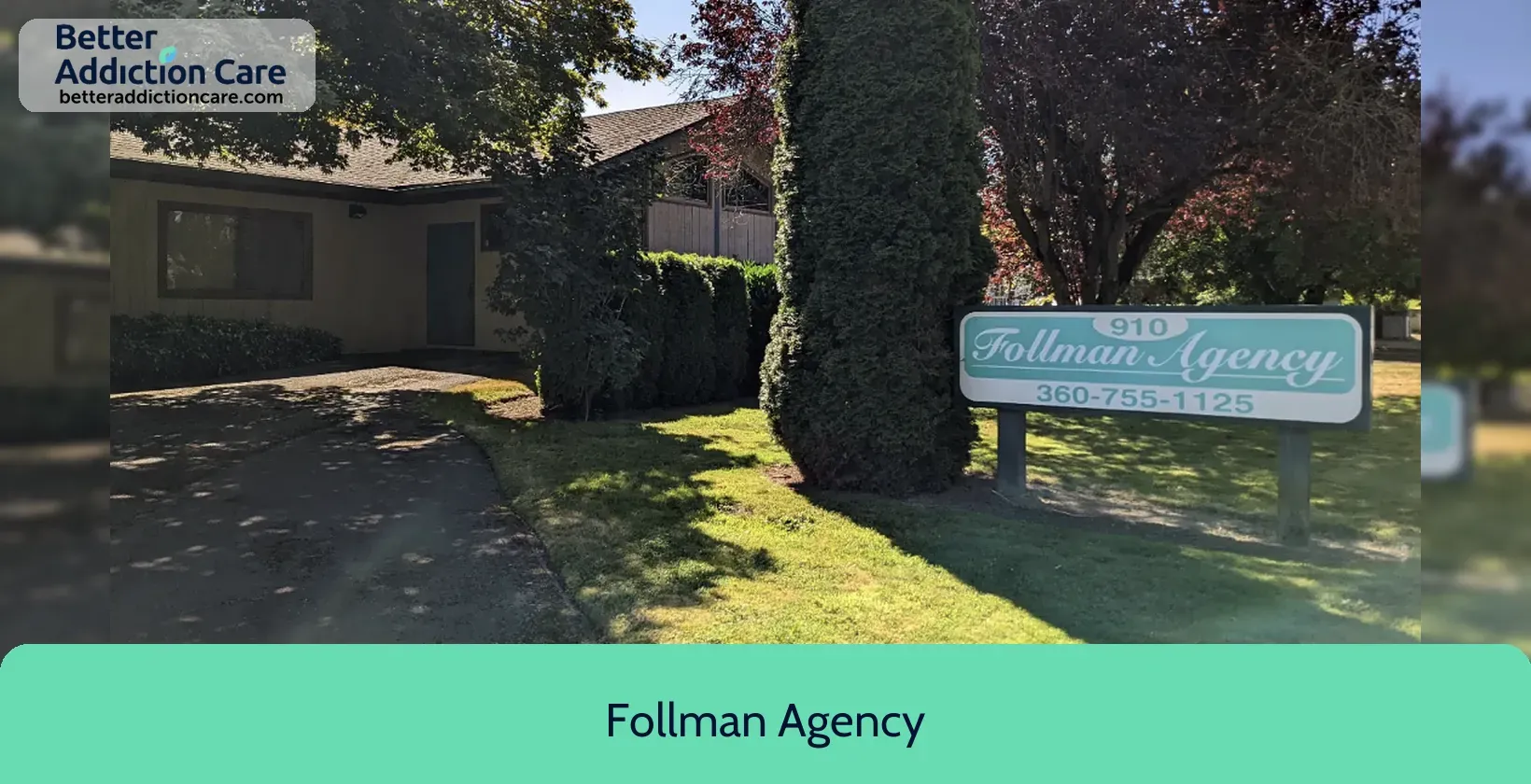North Sound Center for Integrative Medicine PS

Overview
North Sound Center for Integrative Medicine PS is an substance abuse treatment center that provides outpatient treatment for men and women from 18+ years of age. As part of their special programs, North Sound Center for Integrative Medicine PS To help patients achieve sobriety, North Sound Center for Integrative Medicine PS provides intake assessments. Afterward, patients receive substance use disorder counseling, smoking/vaping/tobacco cessation counseling, and intervention services during treatment. North Sound Center for Integrative Medicine PS is located in Burlington, Washington, providing treatment for people in Skagit County, accepting cash or self-payment, medicare, and state-financed health insurance plan other than medicaid.
North Sound Center for Integrative Medicine PS at a Glance
Payment Options
- Cash or self-payment
- Medicare
- State-financed health insurance plan other than Medicaid
- Private health insurance
- Federal military insurance (e.g., TRICARE)
Assessments
- Screening for tobacco use
- Complete medical history/physical exam
- Comprehensive substance use assessment
Age Groups
- Children/adolescents
- Adults
- Seniors
Operation
- Private for-profit organization
Highlights About North Sound Center for Integrative Medicine PS
7.04/10
With an overall rating of 7.04/10, this facility has following balanced range of services. Alcohol Rehabilitation: 8.00/10, Drug Rehab and Detox: 7.54/10, Insurance and Payments: 6.00/10, Treatment Options: 6.61/10.-
Alcohol Rehabilitation 8.00
-
Drug Rehab and Detox 7.54
-
Treatment Options 6.61
-
Insurance and Payments 6.00
Treatment At North Sound Center for Integrative Medicine PS
Treatment Conditions
- Substance use treatment
Care Levels
- Outpatient
- Outpatient methadone/buprenorphine or naltrexone treatment
- Regular outpatient treatment
- Aftercare
Treatment Modalities
- Substance use disorder counseling
- Smoking/vaping/tobacco cessation counseling
- Intervention Services
- Contingency management/motivational incentives
- Motivational interviewing
Ancillary Services
Additional Services
- Pharmacotherapies administered during treatment
- Drug or alcohol urine screening
Get Help Now
Common Questions About North Sound Center for Integrative Medicine PS
Contact Information
Other Facilities in Burlington

6.92
DISCLAIMER: The facility name, logo and brand are the property and registered trademarks of Follman Agency, and are being used for identification and informational purposes only. Use of these names, logos and brands shall not imply endorsement. BetterAddictionCare.com is not affiliated with or sponsored by Follman Agency.
